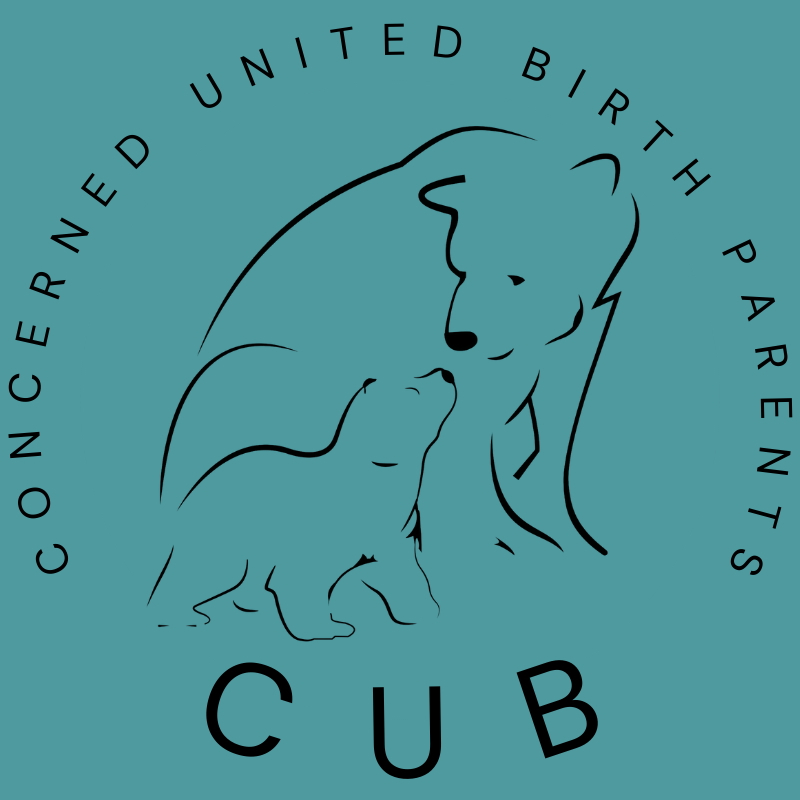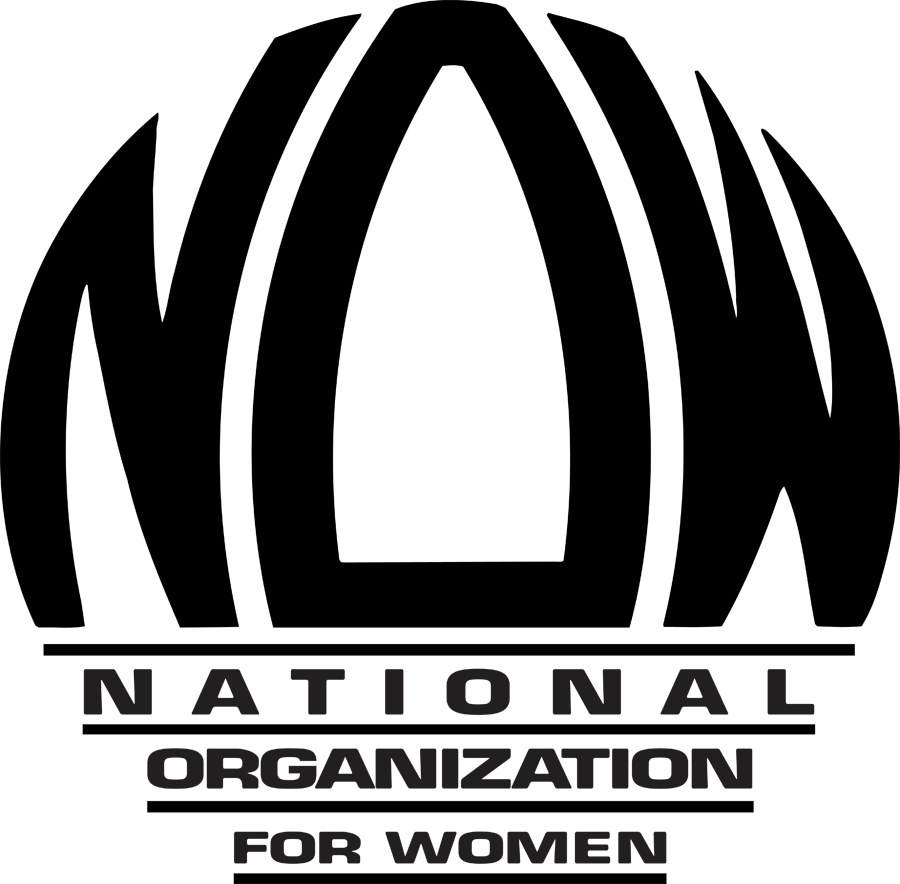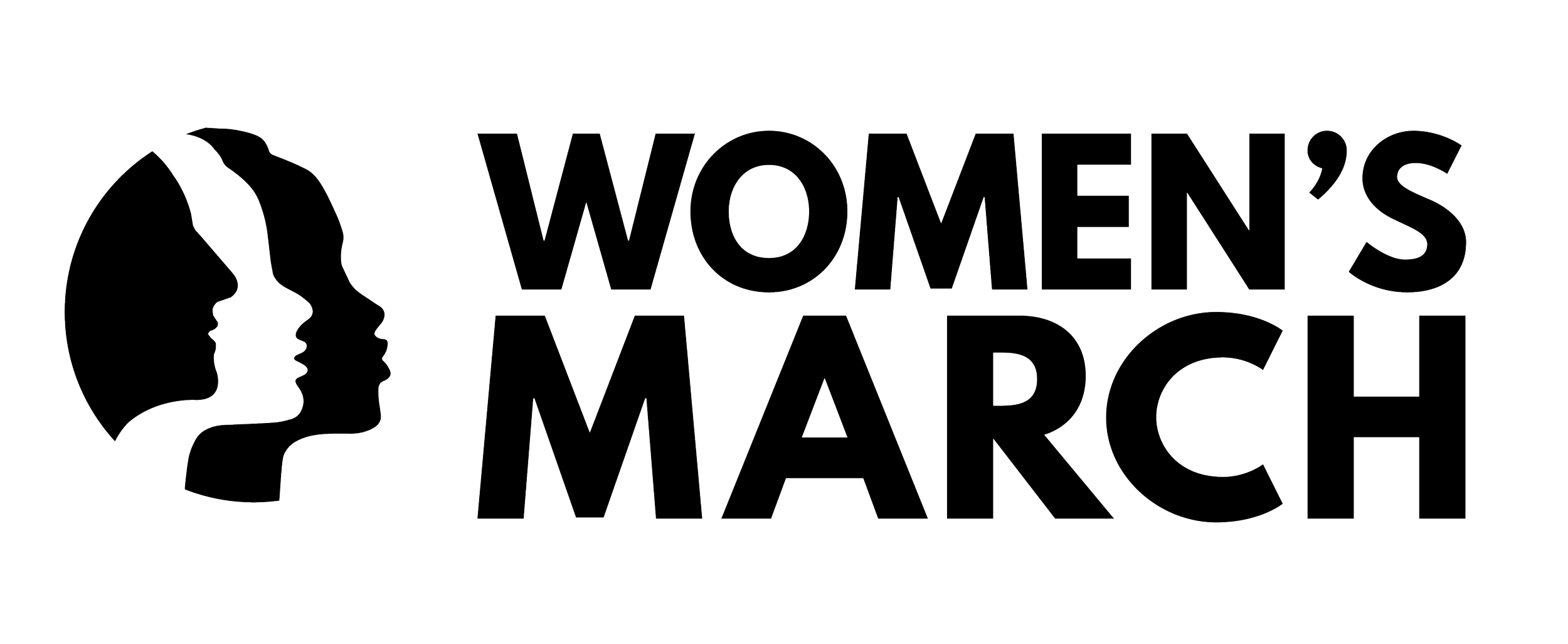Adoptee Rights are Women’s Rights
Keeping a discriminatory policy in place against adult adopted persons in the name of “protecting birth/first mothers” actually perpetuates the demeaning stereotype that as women who lost children to adoption, we are weak and less than competent adults who need state protection to handle our most basic affairs. To us, nothing is further from the truth. We did not have a voice back then to stand up against a powerful system that victimized us at our most vulnerable when we were pregnant and unwed, but we have one today. We are united in our stance to sitting and future elected policymakers: we do not need your protection. We need your courage—your courage to stop using us as an excuse to keep adult men/women/non-binary persons in a state of second-class citizenship.
National Support For Adoptee Rights as Women’s Rights

Closed Adoption Era Mothers Never "Moved On" From Losing Their Babies to Domestic Infant Adoption
Any mother in America who has lost a child will tell you it is an exquisite pain no woman ever truly gets over. Most people seem to understand this when the topic is not adoption but suddenly forget it when the topic is adoption. Discriminating against adult adoptees by keeping their identities secret from them is not the answer to healing in the face of this pain.

The Illusion of Protection: How Women Unwittingly Uphold Patriarchal Adoption Policies
It is far from the truth to believe we, mothers of adoption loss, are actually protected in any way when we deny an adopted person access to their original birth certificate. In fact, this belief actually reinforces the misogyny we experienced as women who were shunned and shamed for becoming pregnant out-of-wedlock in a more conservative society.

The Feminist Dilemma: How Women Can Support Mothers of Adoption Loss Without Contributing to Inequality
Ultimately, restoring women’s agency and autonomy requires a commitment to social justice and equity, recognizing and challenging the systemic injustices that have contributed to the trauma of past adoption practices in America. Challenging narratives that pit mothers of adoption loss against adoptees is one way today's feminists can support us.






